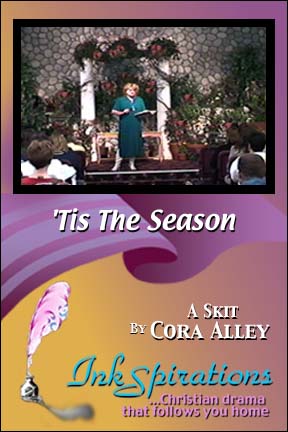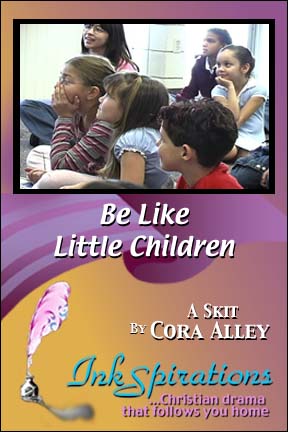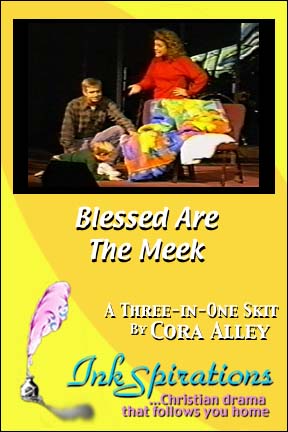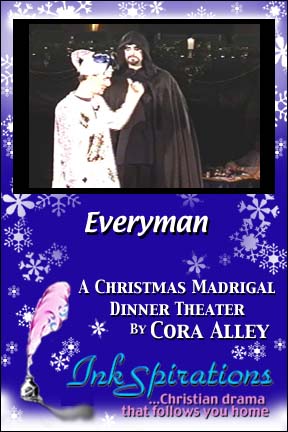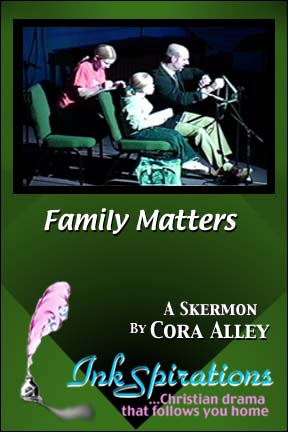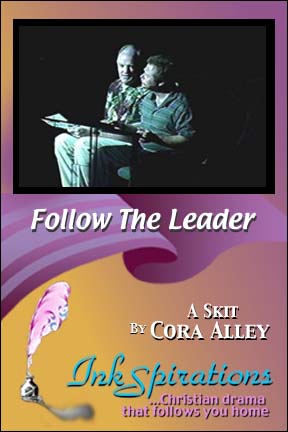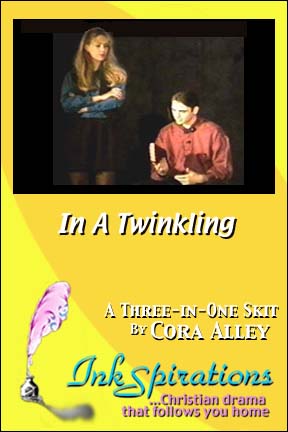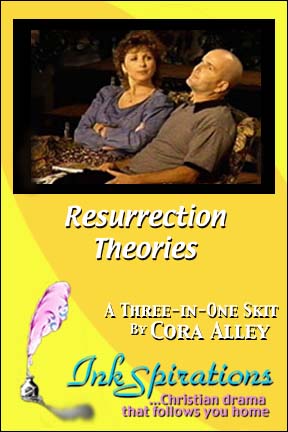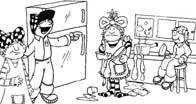-
 In this simple story of a heart-broken little girl, searching for her lost hamsters, we see the "heart" of God who came to earth in a manger to rescue His beloved people. This play is a "storyline" only. It provides a context into which any number of Christmas songs will fit. Create an unforgettable family holiday memory that looks at the why behind Christmas.
In this simple story of a heart-broken little girl, searching for her lost hamsters, we see the "heart" of God who came to earth in a manger to rescue His beloved people. This play is a "storyline" only. It provides a context into which any number of Christmas songs will fit. Create an unforgettable family holiday memory that looks at the why behind Christmas. -
 In this Christmas skit, Grandpa Beasley is coaxed to come to church by his tiny grand-daughter who reminds him that although Christmas may be for children, You're a child of God, and you're in His family; you always will be. This skit sets up a sermon on Christmas being for all the children of God.
In this Christmas skit, Grandpa Beasley is coaxed to come to church by his tiny grand-daughter who reminds him that although Christmas may be for children, You're a child of God, and you're in His family; you always will be. This skit sets up a sermon on Christmas being for all the children of God. -
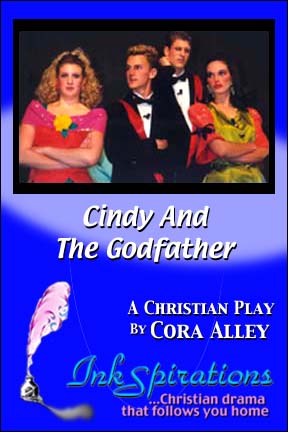 "Cindy" chooses the authentic love of "Prince Alarming" over the superficial attention of his twin, "Prince Charming" in this delightful Christian play that retells the story of Cinderella, with a Christian twist. Her authentic love is a testimony to one of the stepsisters, who opens her heart to God as well.
"Cindy" chooses the authentic love of "Prince Alarming" over the superficial attention of his twin, "Prince Charming" in this delightful Christian play that retells the story of Cinderella, with a Christian twist. Her authentic love is a testimony to one of the stepsisters, who opens her heart to God as well. -
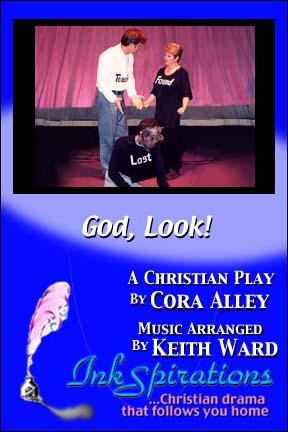 This "dream play" speaks to every person's search for significance. It follows the adventures of a new Christian, "Lost" who becomes "Found," then learns from her "Teacher," the importance of helping one "Lost" person at a time, to become "Found." She stands in awe at the simplicity of God's high call to obedience and evangelism.
This "dream play" speaks to every person's search for significance. It follows the adventures of a new Christian, "Lost" who becomes "Found," then learns from her "Teacher," the importance of helping one "Lost" person at a time, to become "Found." She stands in awe at the simplicity of God's high call to obedience and evangelism. -
 This Christian Mime Theater skit reminds us that God promises to surround us with goodness and cloak us in His mercy in every circumstance of our lives, even in the valleys. It is an excellent sermon illustration to remind believers that Jesus is the "Good Shepherd," who provides rest and safety to us, His sheep.
This Christian Mime Theater skit reminds us that God promises to surround us with goodness and cloak us in His mercy in every circumstance of our lives, even in the valleys. It is an excellent sermon illustration to remind believers that Jesus is the "Good Shepherd," who provides rest and safety to us, His sheep. -
 This surrealistic "dream play" creates a visual picture of "growing up," in a child's mind, by connecting good choices to stepping up the ladder and bad choices to sliding down it. It is an excellent tool to show children the results of their choices and makes a wonderful outreach into the public schools for youth groups.
This surrealistic "dream play" creates a visual picture of "growing up," in a child's mind, by connecting good choices to stepping up the ladder and bad choices to sliding down it. It is an excellent tool to show children the results of their choices and makes a wonderful outreach into the public schools for youth groups.

